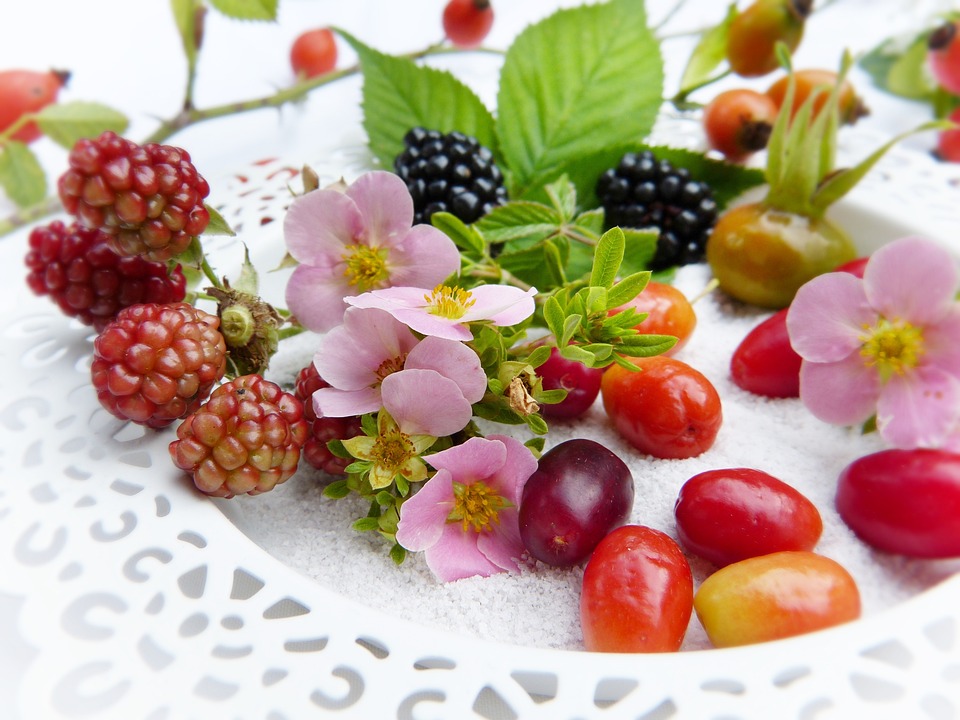As I sit here surrounded by the lush beauty of my sustainable farm, I can’t help but reflect on the power of sustainable agriculture practices. For years, I have dedicated myself to living off the grid and perfecting the art of sustainable farming and gardening. And let me tell you, the results have been nothing short of incredible. From nutrient-dense organic produce to a deep sense of connection with the land, sustainable farming has truly transformed my life. In this article, I want to share with you the magic of sustainable agriculture practices and how they can help us cultivate a better future for ourselves and the planet.
Sustainable agriculture is more than just a trend—it’s a way of life that holds the key to a more harmonious relationship with the earth. By embracing sustainable farming practices, we can reduce our environmental impact, support biodiversity, and nourish our bodies with food that is free from harmful chemicals. The path to sustainability is not always easy, but the rewards are more than worth the effort. So, let’s dive into the world of sustainable agriculture and discover how we can all play a part in cultivating a better future.
One of the most important aspects of sustainable agriculture is soil health. Healthy soil is the backbone of any successful farm, and sustainable farmers understand the importance of nurturing the soil to support a thriving ecosystem. Rather than relying on synthetic fertilizers and pesticides, sustainable farmers focus on building healthy, fertile soil through natural means. This might include practices such as composting, cover cropping, and crop rotation. By nurturing the soil in this way, sustainable farmers can harness the power of nature to produce nutrient-dense, healthy crops without harming the environment.
Another key aspect of sustainable agriculture is water conservation. As our planet’s water resources become increasingly strained, it’s more important than ever to use water wisely. Sustainable farmers understand the value of conserving water and implementing practices that minimize water waste. This might include using drip irrigation systems, capturing rainwater for irrigation, and planting drought-resistant crops. By conserving water in this way, sustainable farmers can protect this precious resource while still producing bountiful harvests.
Embracing sustainable agriculture practices also means prioritizing biodiversity. In a world where monoculture farming dominates, sustainable farmers are working to preserve and support a wide range of plant and animal species. This might involve planting diverse crops, creating habitats for beneficial insects and wildlife, and avoiding the use of genetically modified organisms. By prioritizing biodiversity, sustainable farmers can create resilient, thriving ecosystems that support a wide range of life and contribute to the overall health of the planet.
Now that we’ve covered some of the key principles of sustainable agriculture, let’s dive into the practical side of things. Whether you’re a seasoned farmer or just starting out on your sustainable agriculture journey, there are a few pro tips that can help you along the way.
Pro Tip 1: Embrace Permaculture Principles
Permaculture is a design system that integrates sustainable agriculture, ecological design, and sustainable human habitation. By embracing permaculture principles, you can create a thriving, self-sustaining ecosystem that supports both humans and the natural world. This might involve designing a diverse and resilient food forest, implementing water harvesting systems, and creating natural habitats for wildlife.
Pro Tip 2: Practice Regenerative Agriculture
Regenerative agriculture goes beyond sustainable farming to actively restore and revitalize the land. This might involve practices such as no-till farming, agroforestry, and holistic grazing management. By practicing regenerative agriculture, you can actively contribute to the healing of the planet and the restoration of healthy, vibrant ecosystems.
Pro Tip 3: Support Local Food Systems
By supporting local food systems, you can reduce the environmental impact of your food choices and contribute to the health of your community. Look for ways to buy from local farmers, participate in community-supported agriculture programs, and advocate for policies that support local, sustainable food production.
In conclusion, sustainable agriculture practices hold the key to a better future for our planet and ourselves. By nurturing healthy soil, conserving water, prioritizing biodiversity, and embracing regenerative practices, we can create thriving, self-sustaining ecosystems that nourish both people and the planet. Whether you’re a seasoned farmer or just starting out on your sustainable agriculture journey, there are countless ways to contribute to a more sustainable future for us all. Let’s embrace the power of sustainable agriculture and cultivate a better world for generations to come.



